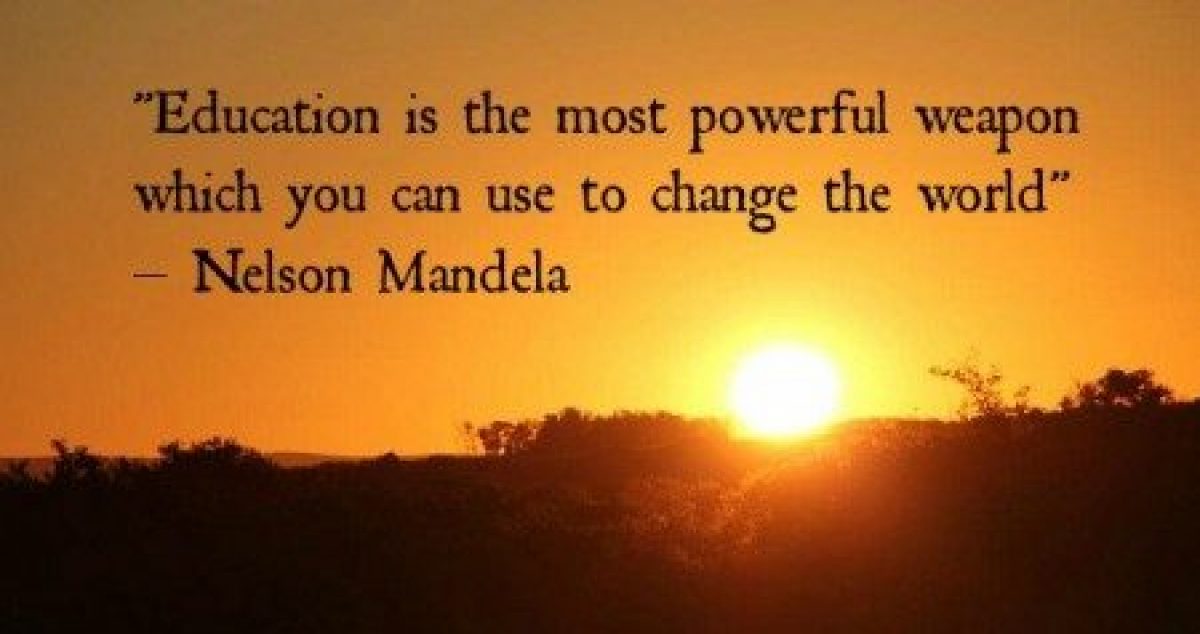Today’s lecture focused on aspects of stress, triggers, buffers and our own perception of stress. At the beginning of the lecture, I realised that I have never really thought about my own stress levels and the things that cause me to stress. I noted down some things in my life that I feel like cause me to stress out: my job, driving lessons, family problems, a heavy workload and exam time. However, after some discussion I realised that some of these aspects can be both good and bad stress. I think it is important as educators that we realise that everyone deals with stress differently and that everyone feels and copes with it differently.
Being stressed, can have serious impacts on our health, not just physically but also mentally. It can have impacts on our heart and breathing rate, five senses and many more. Our mental health can also be effected and it can have a big impact on people who already suffer from mental health problems. I feel like when I get stressed I get myself very worked up, I panick and get very emotional. However, I feel that when I have the support from my loved ones and I can speak to my family and friends I get through it. I do feel it is extremely important that we encourage children to speak about their emotions and feelings to others, and for the stigma around mental health to slowly disappear.
Our independent study involved us trying out “The Holmes-Rahe Stress Calculator”. At the end of the test I got a score of 157 which I was a little bit surprised at. My score came under the category where I have a 50% chance of a health breakdown in the next 2 years. On reflection, some of the questions in the test were a mix of positives and negatives and therefore I feel like my stress score is a reflection of good and bad things that have happened in my life over the past year. I have realised that I do stress a lot about a lot of things and I dont deal with stress very well and therefore I feel like I need to work at aspects of my life that affect my stress levels and I am going to start working on this.
There are stress buffers that can help support a healthy lifestyle such as:
Talking to people around us- it is important that if we have a problem or issue that we speak about it with our close ones or people around us, or even a helpline. This helps to release your stress levels and feel safe and find a solution to the problem. Exercise- it has been said that when we exercise it releases endorphins which give you energy and make you happier and more positive. It can be a good release for people to help them cope with their feelings or even get their anger out by taking part in some activities such as boxing. I have been personally taking part in exercise and I feel like it has really helped me with my stress levels. Seeking professional advice- nowadays we have more access to information and professional help that can reduce our stress levels as well as any mental and physical health issues such as NHS 24, Samaritans etc.
We also had to read the Pengilly and Dowd (2000) article on Stress Hardiness. This article basically explained a scale called the ‘hardiness scale’ which is the scale of challenge, commitment and control on the relationship between stress and depression which allows us to research reasons into combatting this. It stated 4 main factors which can negatively impact your health such as: lack of social support, loneliness, lack of human contact/touch, normative life transitions and non-normative life transitions. I found this article interesting as it gave me an insight into the types of things that can impact on my own health and stress levels.
Once we realise what it is that causes us to stress it becomes easier to help resolve these issues and start making a change to have a healthier lifestyle.


